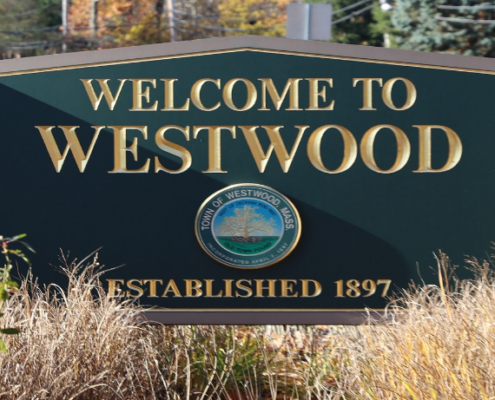New Video Highlights Need for Greater Access to Public Officials’ Financial Ties
BOSTON – Pioneer Institute believes restrictive laws regarding legislators’ and other elected officials’ Statements of Financial Interests damage the public trust. Pioneer created a new video, “Is Open Government a Priority in Your State?” to showcase its concerns and raise citizens’ awareness of these harmful laws.
Last year, Pioneer Institute released a new index rating the transparency and accessibility of each state’s Statements of Financial (or Economic) Interests (SFIs). SFIs are disclosures of sources of income that are necessary to ensure that policymakers work in the public interest, not their own interests.
The Massachusetts State Ethics Commission imposes onerous requirements on those seeking access to SFIs that can prohibit them from following through with requests.
Pioneer’s index reveals that, among states with procedures for reporting SFIs, Massachusetts has the lowest raw score (15 on a scale of 100). Ironically, states that commonly rank among the most politically corrupt in the country – like Illinois, Louisiana, and New York – have index scores of 90 or higher.
This video uses an imaginary example of a kickback scandal involving elected officials to compare the difficulty of obtaining SFI information in Massachusetts to the relative ease of accessing it in Mississippi.
Pioneer’s rating of states is based on seven underlying criteria: whether SFIs are available online, if the form is electronically searchable, whether reports are free for the public to access, if personal information is required for access, if an ID is required for access, whether the SFI filer is notified of each record request, and if the filer must submit records electronically.
With this new video, Pioneer hopes to inform the public about barriers to accessing Massachusetts elected officials’ financial information.
About Pioneer
Pioneer Institute is an independent, non-partisan, privately funded research organization that seeks to improve the quality of life in Massachusetts through civic discourse and intellectually rigorous, data-driven public policy solutions based on free market principles, individual liberty and responsibility, and the ideal of effective, limited and accountable government.
Get our MassWatch updates!
Related Posts:










